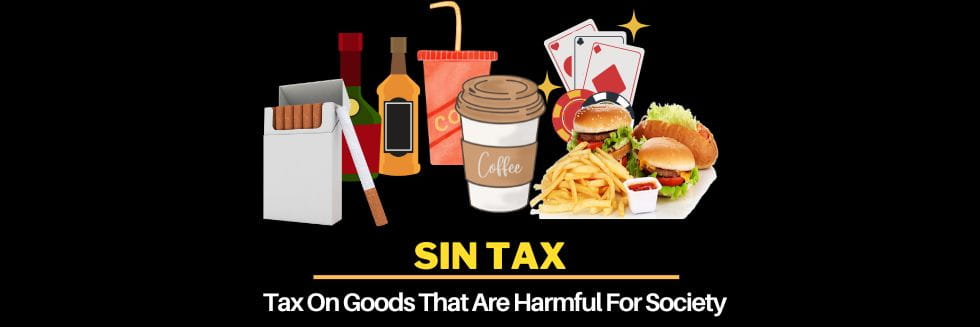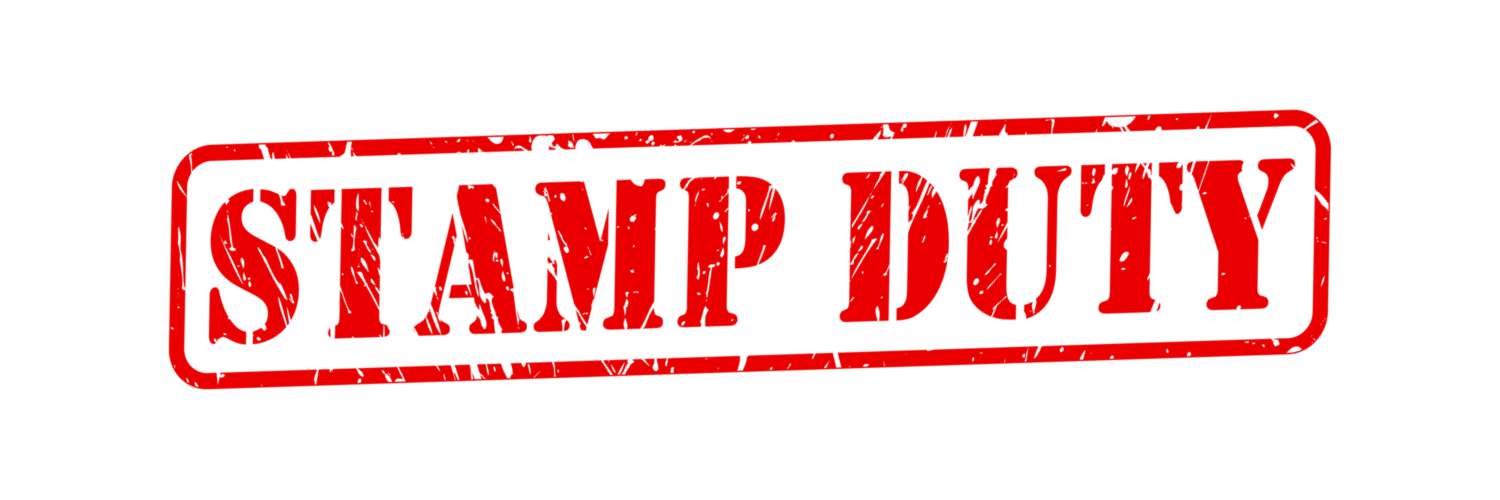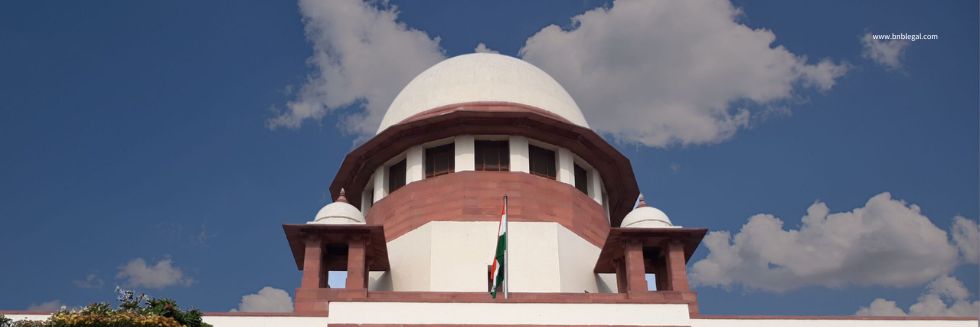The purpose to levy taxes is that they create the basic source of revenue to the government, revenue so raised is put to use for meeting the expenses of government like defense, provision of education, healthcare and building infrastructure in the country and for many other purposes. This post explores the Indirect Tax system of taxing in India.
Types of tax in India
- Indirect tax
- Direct tax
Indirect Tax
These kind of taxes is not directly levied on the income of individual instead of that it is levied on expenses done by the individuals. Indirect tax is raised on the seller of goods or the person who provide service but they pass it to their end customer who at last has to fetch it in form of tax. So we can say that Indirect tax is levied on the person who levied sale but is owed from the end user of the product.
In some cases, an Indirect portion is specifically mentioned in the account but in some cases, a portion of the indirect tax is mentioned automatically in the invoice and it is not disclosed separately. Indirect tax is levied at the same rate from all end user of the product regardless of there income whereas in the case of income tax the rate of tax depends upon income slab.
Some of the examples of indirect tax are Sales tax, service tax, customs duty, excise tax, luxury tax etc.
Types of indirect taxes in India
- Service tax
Service tax is imposed by an individual for rendering services like advising, legal, and other such services. This tax is collected from the service done and paid to the Central Government. Small service providers with an income of less than Rs. 10 lakh per annum are exempted from paying this tax.
- Excise duty
Excise duty is applicable on all goods that are manufactured in India. The tax is payable by the manufacturers and often passed on to the customers. This indirect tax in India is imposed by the Central Government.
- VAT
Value Added Tax (VAT) is imposed on the sale of movable goods in the nation. VAT is levied at all stages of the production and distribution channel that include an occurrence of value addition. This tax is levied by the State Governments under Entry 54 of the State List.
- Customs duty
Customs duty is applicable for delivering imported goods into the country. In the certain incident, this duty may also be levied on exported goods. The Customs Act, 1962 provides governance on the levy and collection of this duty, import and export procedures, penalties, constraint, and offense.
- Securities Transaction Tax (STT)
This tax is imposed when stocks are sold or purchased through any Indian stock exchange. It was introduced in 2004 and is suitable to shares, mutual funds, and future and options transactions. STT was imposed to reduce the short-term capital gains tax and eliminate long-term capital gains tax.
- Stamp duty
This is an indirect tax charged by state governments on the transfer of immovable property within their jurisdiction. In addition, stamp duty is mandatory on all types of legal documents. Its rates vary from one state to another.
- Entertainment tax
The state governments charge such tax on every transaction related to entertainment. Some examples are movie tickets, video game arcades, stage shows, exhibitions, amusement parks, and sports-related activities.
| Taxation Law | |
|---|---|
| Laws | Income-tax Act 1961-2017 (Chapter I – Preliminary) | Black Money (Undisclosed Foreign Income and Assets) and Imposition of Tax Act 2015 |
| Related Articles | Goods and Services Tax Law | Direct Tax | Income Tax Appellate Tribunal under Taxation Law |
| External References | Government of India GST Portal |









